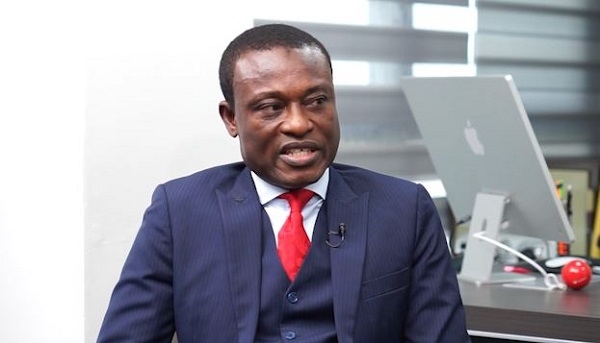Standard Chartered Bank scouting for partners for green loans to small businesses
Mumbai: Standard Chartered Bank is scouting for partners to explore green lending to small businesses in India, having started a similar pilot project in Singapore, a senior official said.
Xie Wen, global head of SME (small and medium enterprise) banking at the British bank said in an interview that the lender has green deposits and structured products, and is contemplating starting green financing products as well. This, she said, requires a partner that can help them track the usage of such green loans as well as the carbon footprint.
“For ESG, there are a few areas you can look at and you either track the purpose. (Whether) every loan is going to environmental (initiatives or not). That tracking of the purpose is important,” said Wen. “In India, we're exploring. We're looking for such data providers where you could do that.”
Having joined Standard Chartered Bank in 1997, Wen has held leadership roles in risk management and business development across markets and regions. Prior to her current role, she has worked as the country chief risk officer for Singapore, China, and country head of commercial banking in China, among others.
“For transition financing, you need to track carbon footprint,” said Wen. While such data is easily available for large companies, it is not so for small businesses, she said.
Green lending refers to financial products and services that encourage eco-friendly projects. Financial services that support borrowers to align business and operations in line with the objectives of the international climate change treaty are referred to as transition finance, as per the United Nations.
Meanwhile, public and private financial institutions have a critical role to play in financing the SME green transition, as per global policy forum Organisation for Economic Co-operation and Development or OECD.
Globally, the London-headquartered bank has total green assets of $17.39 billion as of September 2024, in themes like clean transportation, energy efficiency, green buildings, and renewable energy, besides others.
Meanwhile, the bank is focused on growing its SME business in India. In fact, Mint reported in October that following the recent sale of its personal loan business to Kotak Mahindra Bank, the lender is now looking to “double down” on affluent banking, SME loans, and wealth management. The bank currently has about 27,000 SME customers in India, as per the Mint report.
Wen said that Standard Chartered Bank has SME businesses in 18 markets, with its full suite of services available in eight of these. India, she said, is among the top three markets for small businesses, with Hong Kong and Singapore being the other two.
“You have different strengths and different focuses (for different markets). It is more because of the market itself. But in terms of asset growth, financing growth, India has been the top market,” said Wen.
On the broader ESG—environmental, social, and governance—awareness among smaller clients in India, Wen said there has been progress and will improve over time. She said that as long as more industry players are focusing on it, ESG awareness will increase.
“As I mentioned, there's a first step to increase awareness. We have a simplified questionnaire when we actually onboard clients, SME clients. The idea, through the questionnaire, is to educate the SMEs about ESG requirements,” said Wen.
India’s small businesses — micro, small and medium enterprises (MSMEs) — employ a large number of people. As per government data released in February, 59.3 million registered MSMEs provide employment to over 250 million. In 2023-24, MSME-related products accounted for 45.7% of India’s total exports, as compared to 43.6% in FY23, and 45% in FY22.
To be sure, the government has introduced a scheme to allow small businesses access discounted finance from institutions to adopt green technologies. The MSME ministry in December 2023 launched MSME Green Investment Financing for Transformation (MSE - GIFT) scheme.












